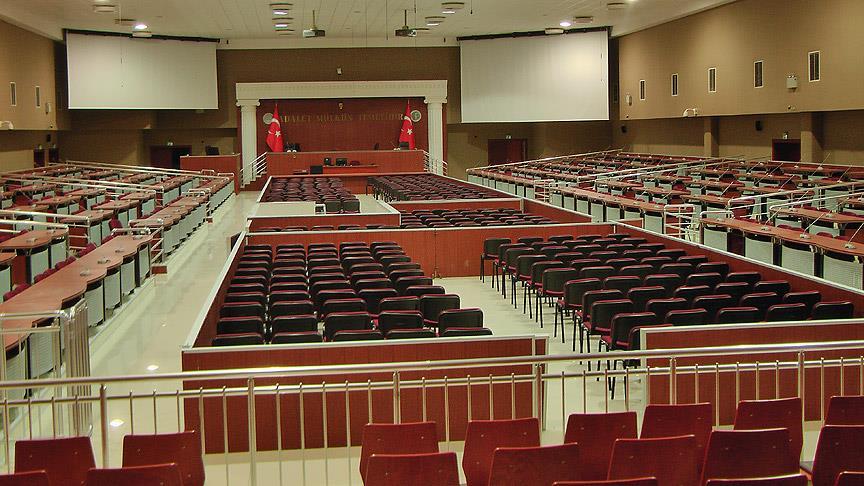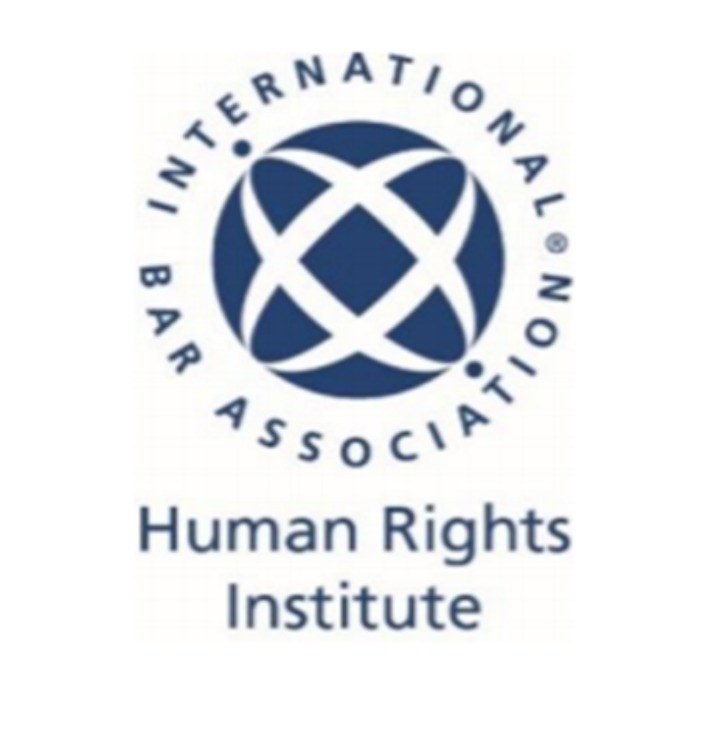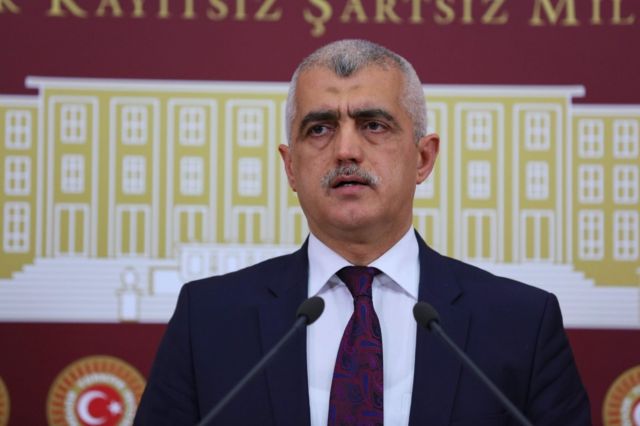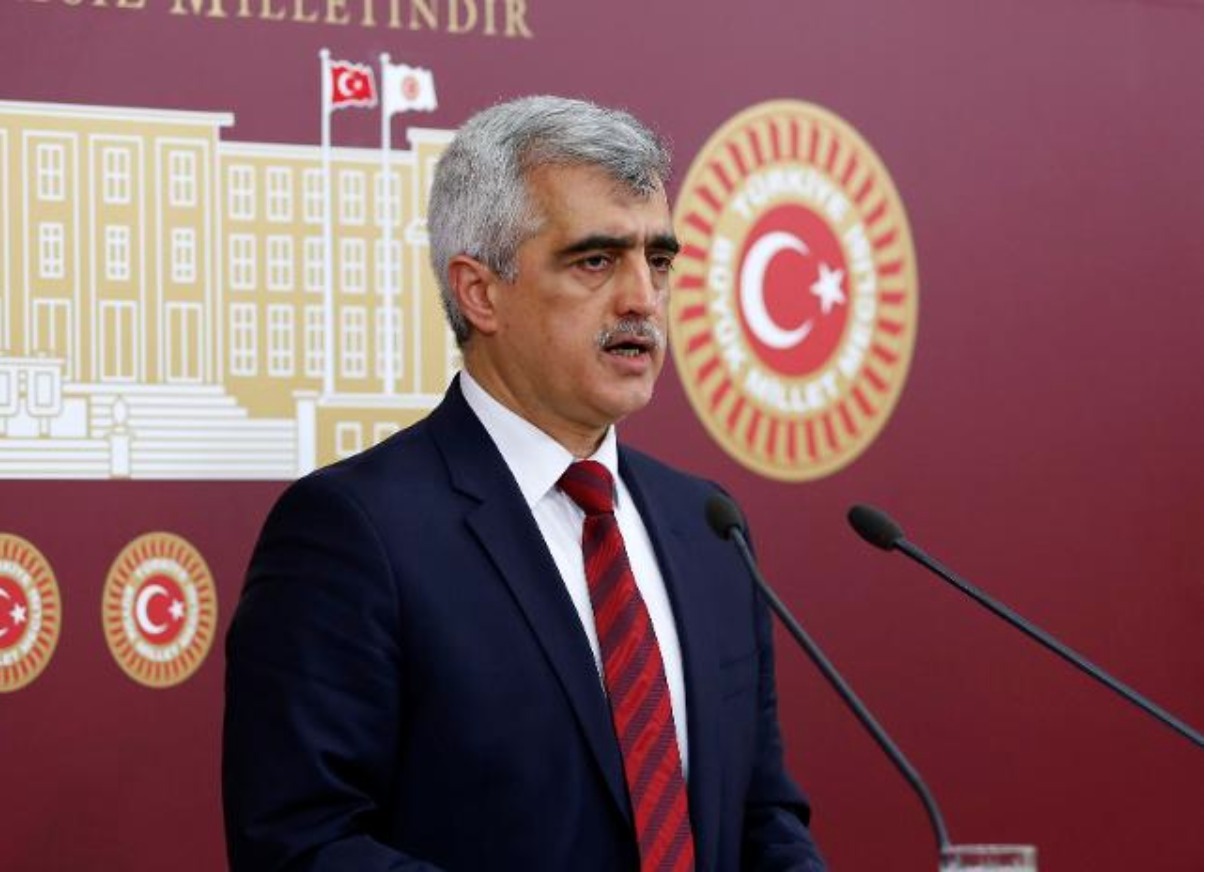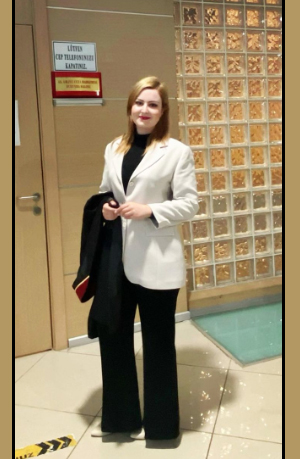The verdict on confiscating the properties of the suspects and placing their companies in government conservatorship and extending the application of the verdict for more than one month without any justification is indeed against the law.
Herewith, we focus on the verdict for confiscating the properties of the suspects as well as the serious legal mistakes and unlawfulness during the application of this verdict.
Here is the case:
The prosecutor’s office requested to confiscate all movable and immovable properties of 235 people and 86 companies in addition to their rights and receivable assets and company shares (all assets) they have in other co-operations with a warrant written on June 7, 2018.
With regards to all 235 people and 86 companies mentioned in the warrant, without any exception; Istanbul 8th Criminal Court of Peace issued a verdict (no 2018/2802 D) on the very same day, June 7, 2018:
* to confiscate all movable and immovable properties in addition their rights and receivable assets and company shares they have in other co-operations – as per article 128 of CCP (Code of Criminal Procedure),
* to assign Saving Deposit Insurance Fund of Turkey (SDIF) as a trustee for the management of company shares with all the authorities of the executive departments of the companies and to transfer all kinds of executive authority to these trustees – as per article 133 of CCP.
We would like to underline the following issues regarding this verdict:
a) According to article 128 of CCP; “the items belonging to the suspect or the accused may be seized in cases where there are strong grounds of suspicion tending to show that the crime under investigation or prosecution has been committed and that they have been obtained through this crime.”
According to this statement, in order for the legislator to confiscate the goods and properties of the suspects, it is a prerequisite to have a strong ground of suspicion showing that the suspects committed the above-mentioned crime and obtained their goods by means of this criminal activity. This makes it clear that confiscation order can be issued not for the whole properties and goods of the suspects and defendants but only for the rights, receivable assets and immovable properties which are definitely obtained through the aforementioned criminal activity.
Besides, the cautionary confiscation order is required to indicate which particular good is confiscated based on what criminal activity in the most possible concrete and detailed way (such as the car plate or bank account number). Unless the value of the goods on which the cautionary confiscation should be applied is clearly stated, a confiscation order cannot be issued with general and uncertain expressions.
Property which is obtained through a criminal activity can be subject to confiscation. Otherwise whole assets, goods and properties of an individual cannot be confiscated, and partial assets also cannot be confiscated without suggesting legal and concrete ground. This would be the sole way to protect people’s right to have property. (Prof. Dr. Ersan Sen, Dr. H. Sefa Eryıldız, “Confiscation,” Seckin Law Publishing house, 1st edition, June 2017, Ankara, p.152.)
On the other hand, none of these criteria have been followed while issuing the confiscation order for 235 people and 86 companies and placing the companies in government’s conservatorship. Without individually indicating which suspect obtained which good from which particular crime, all the assets of the suspects got totally confiscated. This is a clear violation of the Constitution.
As far as it is understood from the questioning and interrogation of Mr. Adnan Oktar and his friends, MASAK (Financial Crimes) report couldn’t detect any property of criminal origins.
Adnan Oktar and his friends were merely questioned about some commercial bank transfers and property transfers deriving from the years-long commercial activities with each other and the third parties. A great majority of the bank transfers included in the report merely consist of a few hundred liras. As a matter of fact, recent statement by SDIF reveals that the total value of the assets is not as big as claimed in the headlines, but rather too small amount for such a crowded group.
Therefore, it is highly unacceptable to see a cautionary order be issued without any grounds since such an order is capable of affecting 235 people as well as their family members. Besides, we have also received the information that many trustee-assigned companies by SDIF are not being protected as they should have been, and are led to bankruptcy with a great amount of debt.
b) The second item we would like to mention is of great importance.
On June 7, 2018 the honorable prosecutor’s office requested to confiscate all movable and immovable properties of 235 people and 86 companies and to place them in government conservatorship. Istanbul 8th Criminal Court of Peace accepted this request, and issued verdict on the very same day, on June 7, 2018.
It is not possible for us to understand how it could be possible to make such a major decision about 235 individuals and 86 companies in a single day and to believe that it is a “fair” verdict. Instead of following the legal processes and issuing verdicts individually for each person and company, the Magistrate’s office issued the verdict collectively. This makes it questionable whether the Magistrate even read the file since it would be impossible to make a complete investigation in line with the legal proceedings and equity on a matter concerning hundreds of people and tens of companies – considering the size and the number of pages in the file. Even this very fact is sufficient to make a reference to the lack of equity in this verdict.
Furthermore, it is even more intriguing that the prosecutor’s office who so hastily requested the confiscation order preferred not to put the order in effect until the elections which took place on June 24th. The aforementioned verdict was put in effect on July 12th, 2018, which leads us to ask even more questions.
* Why was a verdict requested and obtained on the very same way on held for 36 days?
* What is the legal explanation for suspending the practice of the verdict for 36 days if these 235 people and 86 companies were really involved in a very large-scale dangerous criminal activity as claimed?
* Were there any unlawful inducements involved to postpone the order?
* Was there any other trending incident in Turkey at the time that lead to postpone the execution of the verdict?
* Did the same inducements become the reason for suspending the police operation as well?
c) Article 128 of CCP clearly states that “the items belonging to the suspect or the accused may be seized in cases where there are strong grounds of suspicion tending to show that the crime under investigation or prosecution has been committed and that they have been obtained through this crime.”
As per this article, the confiscation order can only be issued
1. when there is a strong suspicion that the crime is committed, and
2. when the goods are obtained by means of this criminal activity.
Clearly the laws state that assets and goods obtained from inheritance, from occupational effort or from family members cannot be confiscated under any circumstances since they are not relevant to the alleged crime. A contradictory treat will mean that the proceeding is arbitrary, which is a direct violation of the proprietary right in European Convention of Human Rights.
Yet, although the provision of the law is so clear, the confiscation order has been applied to the monthly salaries of the defendants, the orphan pension they receive from their late parents, and retirement pensions of their parents through which they buy their medication. Although these people issued an objection within the legal time, some of the objections got accepted yet some others were not.



